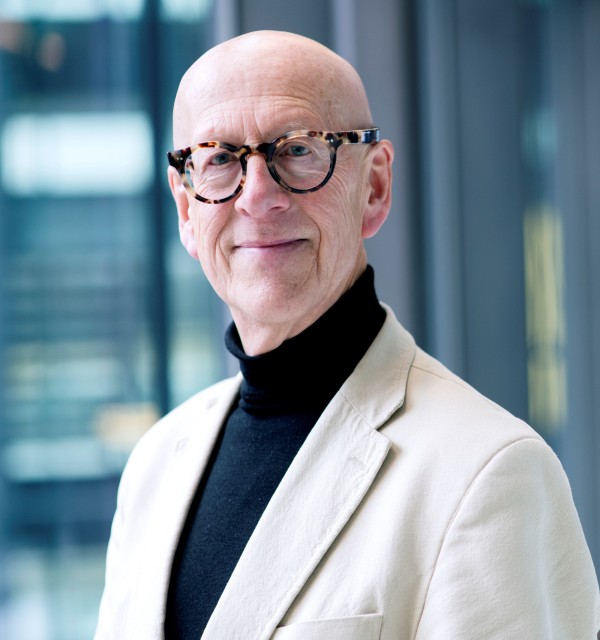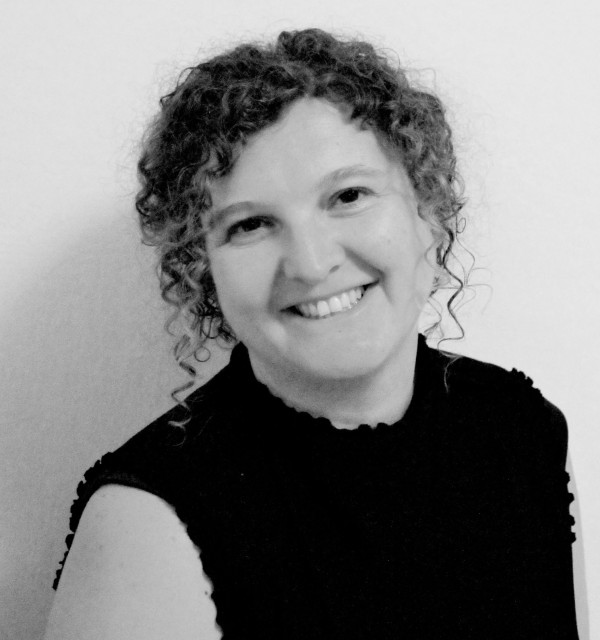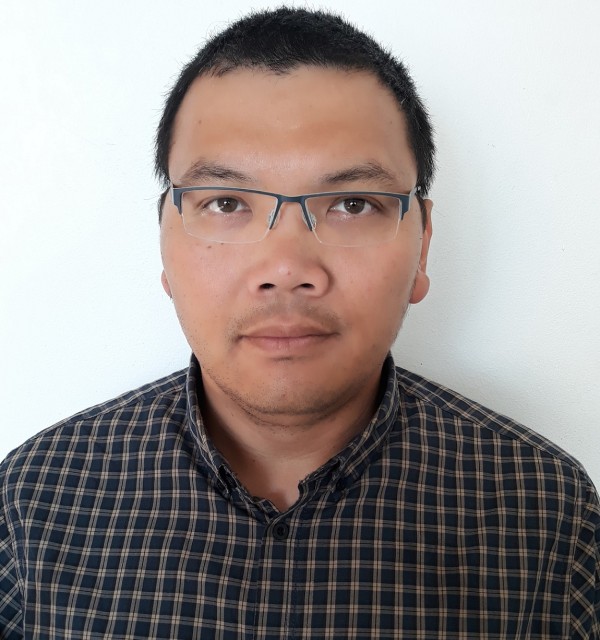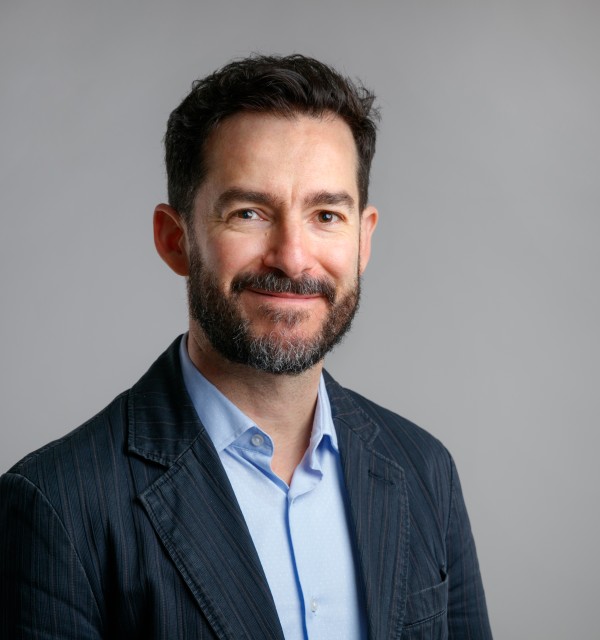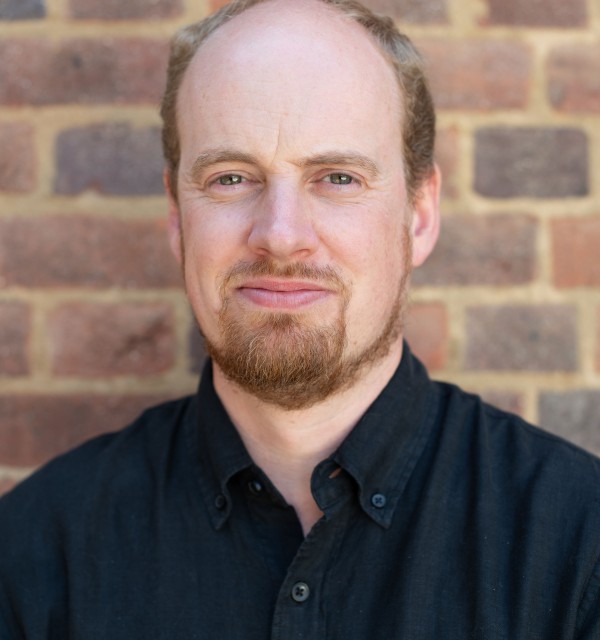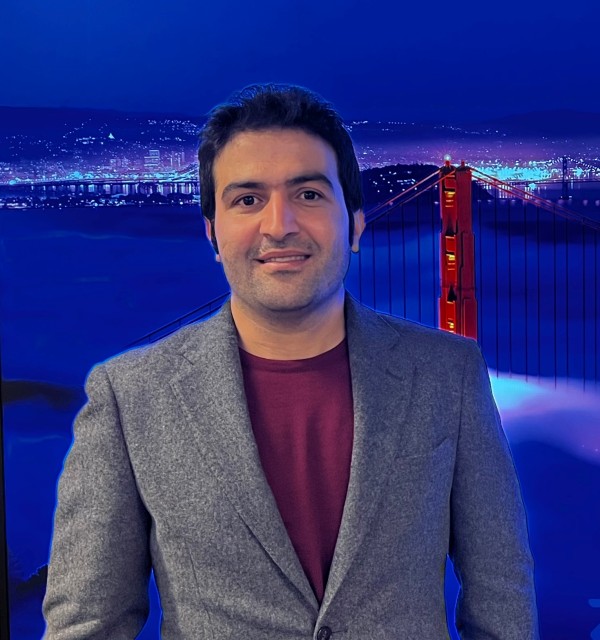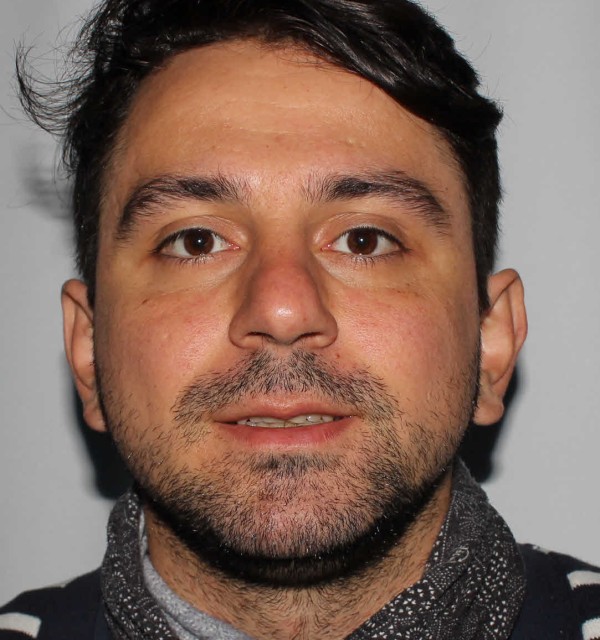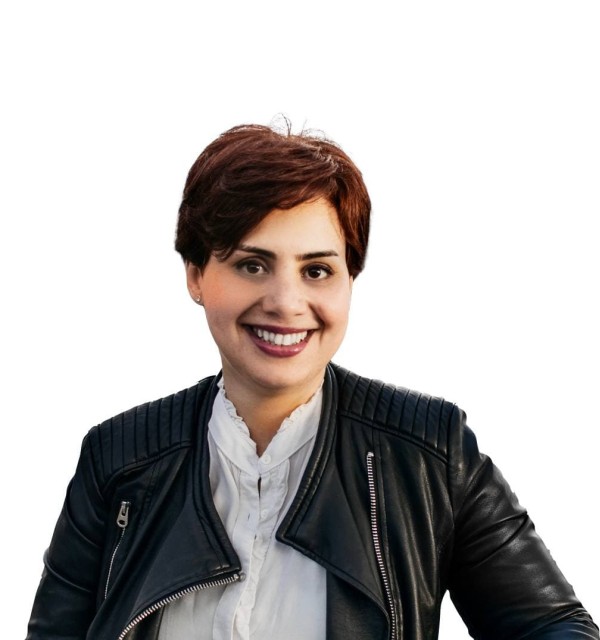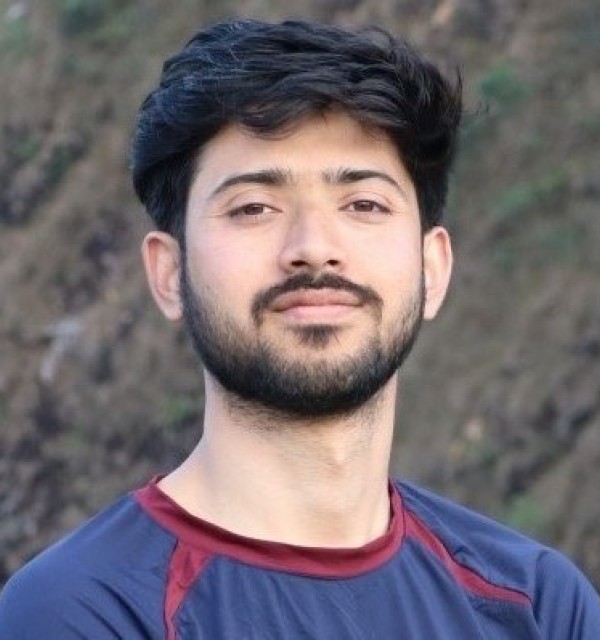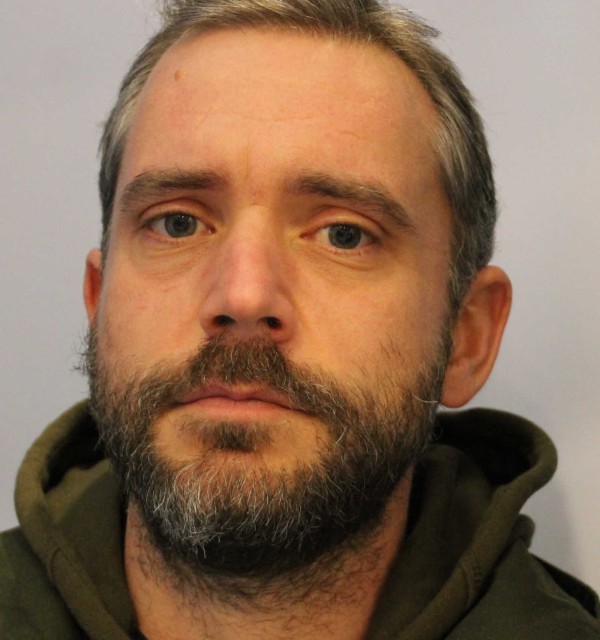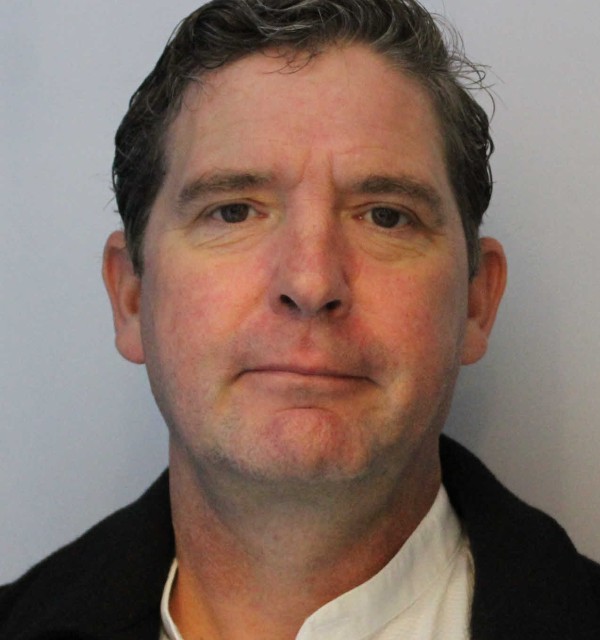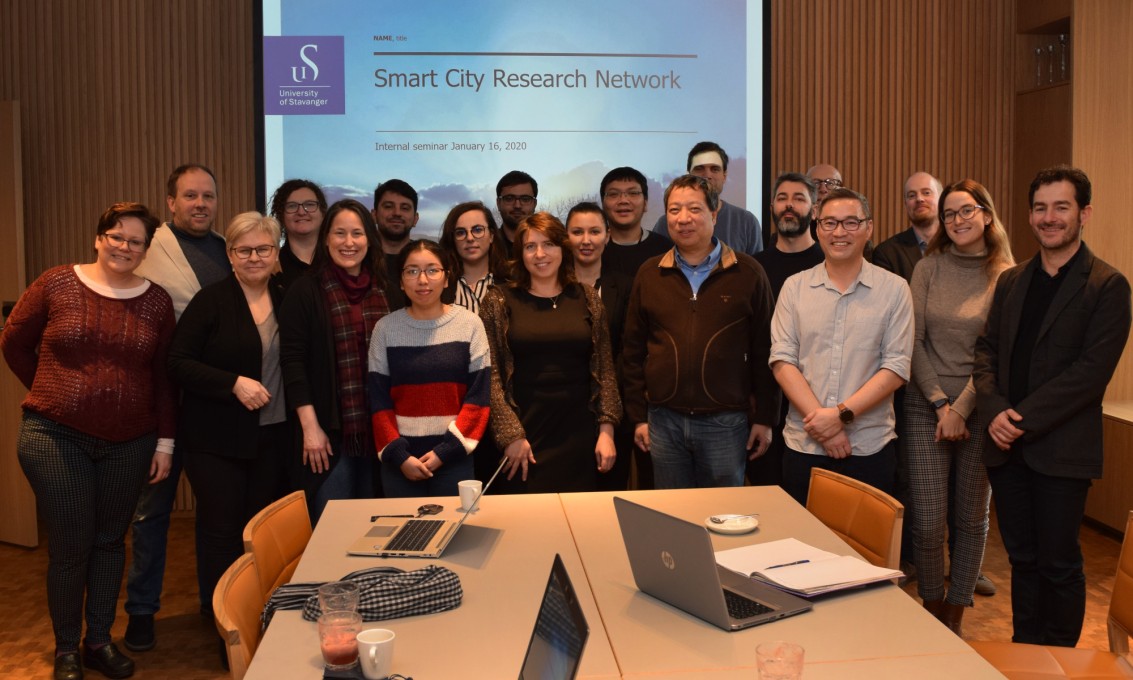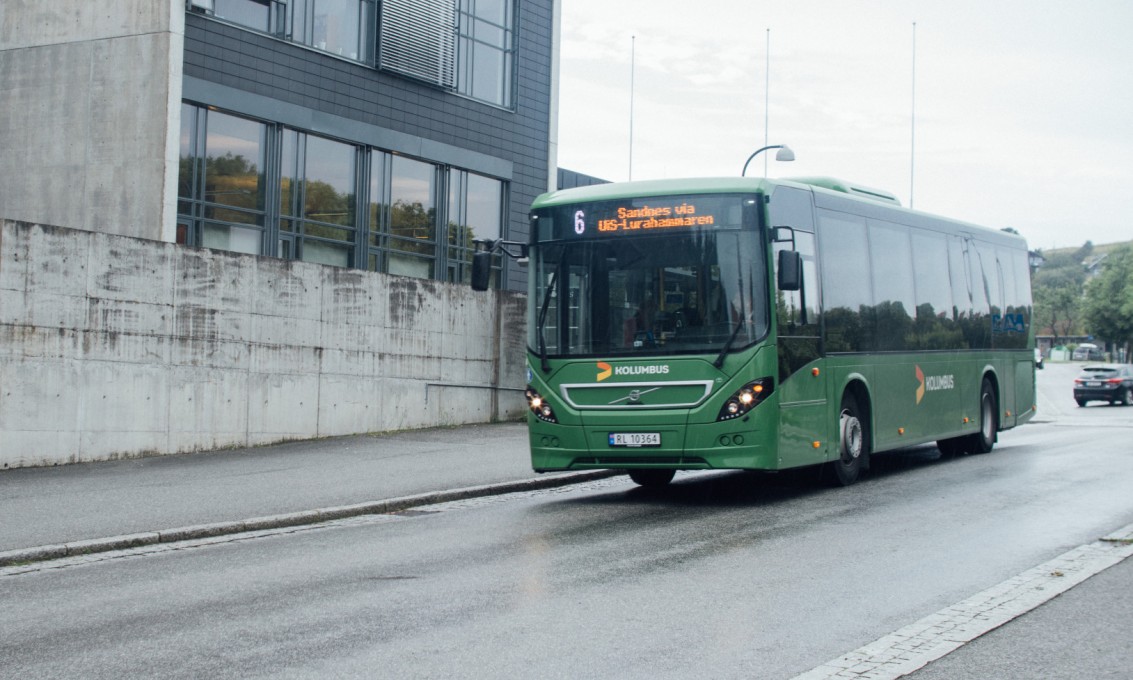How can we develop and maintain livable, safe and robust urban environments that address climate changes and cater to a sustainable future?
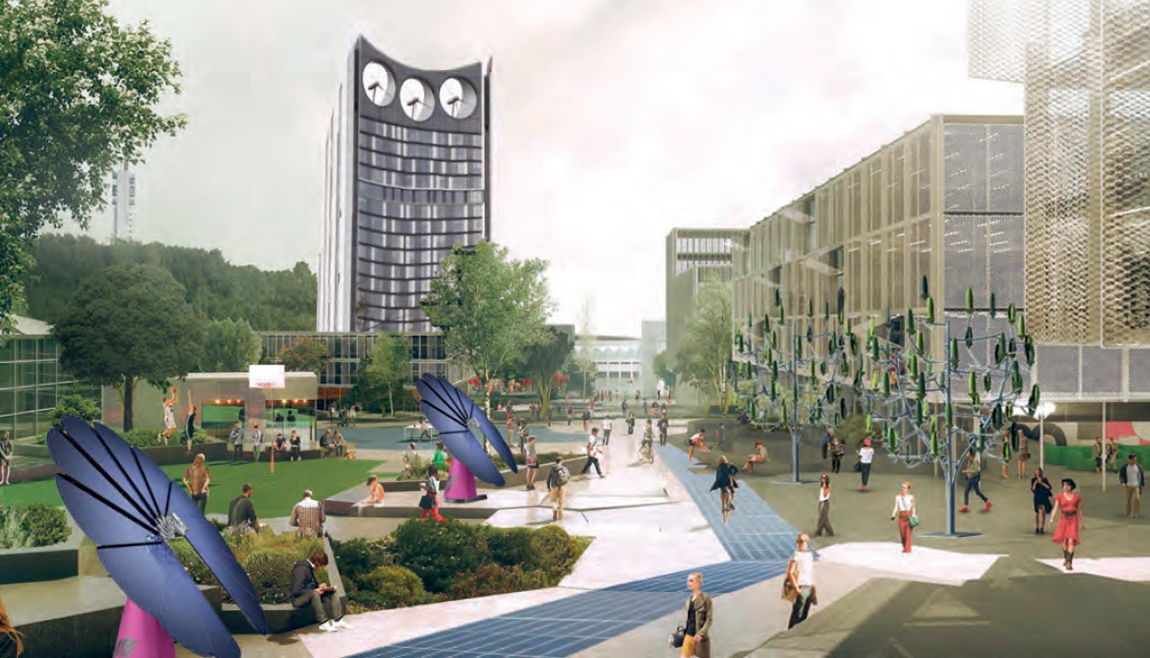
In our interdisciplinary research, we focus on finding and testing solutions for the urban built and natural environment that make cities more sustainable, resilient and livable.
8
7
[Planners] are being asked to propose solutions to advance a theoretical and complex concept […] in a setting representing the most complex interaction of interests, forces and issues that can ever be imagined – the city
Sustainable urban environments for livable and safe urban lives
While cities and city dwellers are the cause of the majority of greenhouse gases, cities are also seen as the place for successful climate change mitigation and adaptation.
This can be done by addressing the density of the built environment, encouraging public and active travel, reducing domestic and transport energy consumption, improving infrastructure as well as making urban spaces safer and more livable.
Our research group consists of professors, associate professors and doctoral researchers who are experts in densification, mobility, climate mitigation and adaptation, sustainable urban development with a focus in renewable energy, behaviour change and safety.
Through international and national research projects as well as participation in international publications and conferences, we investigate several of these important topics.
We often test hypothetical relationships between the built environment and behaviour, energy generation and consumption, travel and quality of life through mixed method approaches (spatial analysis, statistical analysis, geographic analysis, surveys, qualitative research), that have emerged from the multi- and interdisciplinary research teams we work in.
Projects
Listed below are the group's ongoing research projects.
Smart cities
Several doctoral research projects are currently conducted into the ways that cities can become more sustainable and safer in a smarter and more holistic way.
This includes the doctoral research about smart densification for sustainable urban cities that explores spatial densities typomorphologically and studies the performance of urban systems in the largest Norwegian metropolitan areas.
Another research area investigates how smart city features can adapt to an increased physical threat of terrorism, targeting the society, the economy, or infrastructure by examine the concept of smart security and safe cities in urban areas.
These projects are carried out as part of the Smart sustainable cities research network at UiS.
Green infrastructure
Adapting urban infrastructures to modern use and current climate occurrences, is one of the greatest challenges of current cities.
We therefore investigate new methods to assess and plan green infrastructure multifunctionality and connectivity and how green infrastructure can be used for the stormwater management.
Also, we examine how the concept of GI (Green Infrastructures) and GNBS (Green Nature Based Solutions) can be implemented in urban planning and governance in order to contribute on creating sustainable and liveable cities.
Urban renewable energy generation
In order to generate clean energy, we investigate options for urban use of BIPV and small-scale wind turbines.
A doctoral research investigates solar energy (building-integrated photovoltaics system) potential, challenges and economic feasibility in urban areas.
Sustainable urban mobility
We study how the transport measures aimed at reducing car travel ("Nullvekstmålet"), impact on travel patterns in the region as a whole and in certain neighbourhoods particularly.
This research is part of a project on effects of "Bymiljøpakke Nord-Jæren" on mobility at NORCE (https://bymobilitet.norceprosjekt.no/hjem). This includes, among other, studies of the voluntary travel behaviour change program "HjemJobbHjem", the road toll rings and congestions charges, the dedicated busway, and the bicycle highway.
We also research sustainable urban mobilities through doctoral research.
Quality of urban life
How inhabitants perceive the quality of their lives, partly relies on physical neighbourhood quality, mobility, local public amenities and social activities.
We therefore investigate urban qualities and perceived quality of life among immigrants in Grünerløkka, Oslo and Storhaug, Stavanger as part of a PhD project.
Greencoin
Greencoin addresses the challenge of how to promote pro-environmental behaviours among urban citizens.
Cities worldwide are currently seeking innovative solutions and services to balance the rapid urbanisation, economic growth, and environmental sustainability.
NEB-Star
Beautiful. Sustainable. Together – are words used to describe the New European Bauhaus (NEB), a creative initiative that connects Europeans and their living spaces and experiences with the transformational European Green Deal.
NEB-STAR is one of six lighthouse demonstrators of the New European Bauhaus funded by the EU over three years to address the grand challenges of climate, environment, and health. The aim is to collaborate on the European Green deal to create more sustainable, inclusive, and beautiful living environments across the EU.
Resicities
Four top European universities jointly engaged in building resilience through a multidisciplinary educational initiative for smart, sustainable and collaborative cities.
RESICITIES is a project funded by the key action Strategic Partnerships for higher education under Erasmus+ programme. IT involves a joint cooperation between top universities from the following countries: Czech Republic, Norway, Portugal and France. The consortium has two technical universities and two business schools which in turn is expected to provide a multidisciplinary approach in higher education for postgraduate students in the field of smart, sustainable and collaborative cities.
Urban and community sustainability in planning and architecture (UCSPA)
Main overall aim of the project is to strengthen institutional cooperation between universities in Slovakia and Norway to enhance both the quality and relevance of education and training in the focus areas of green innovations in urban - regional planning.
First main objective is to improve the quality of the education and training of the young professionals via innovating the content of the educational curriculum mainly on the side of FAD STU, but also at UiS. These will cover both, the topic of green innovation as well as the topic of assisted living technologies.
